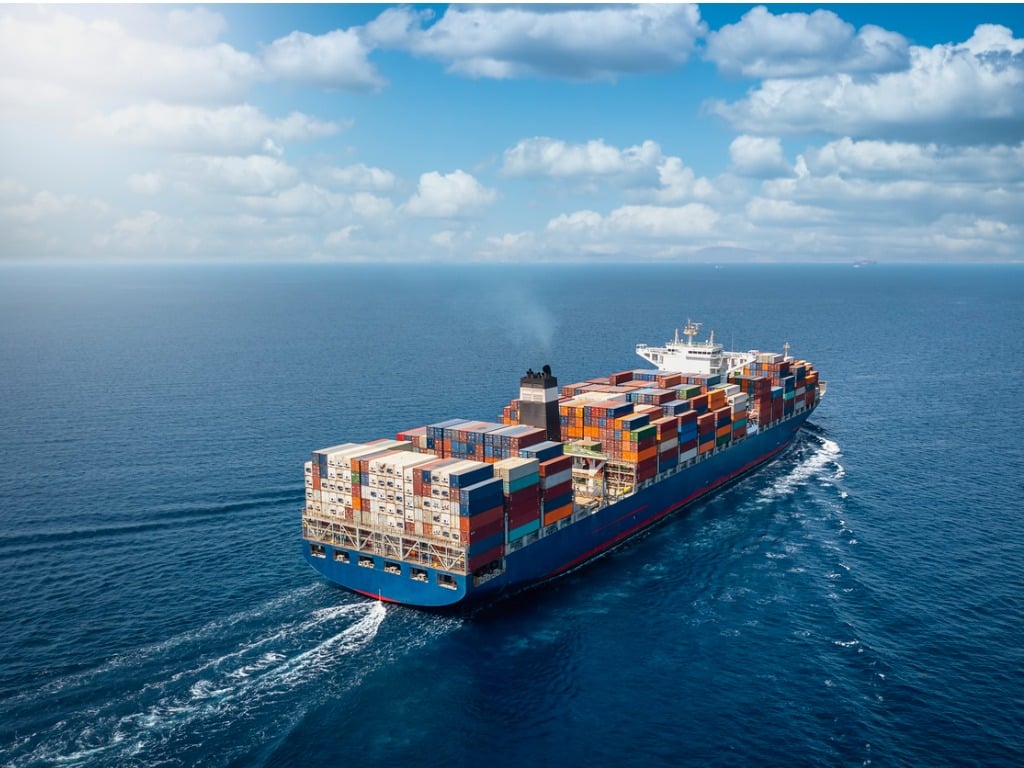On this Earth Day it is time to recognize an underutilized tool at the disposal of the United States government for cleaning up the ocean and preventing harmful pollution. Congress passed the Act to Prevent Pollution from Ships (APPS) in 1980 in order to legally implement measures from the International Convention for the Prevention of Pollution from Ships (shortened to “MARPOL” for marine pollution). APPS implements provisions of the convention to the U.S. criminal code. As a result, American commercial vessels, and international commercial vessels that operate in U.S. waters or ports of U.S. jurisdiction are subject to the legal standards laid out in MARPOL. APPS makes it punishable by law for any of these vessels to release certain levels of substances which include oil, toxic materials, garbage, or air pollutants from a ships’ exhaust.
While vessels around the world pose a logistical challenge to law enforcement in their ability to hide illegal dumping, whistleblower provisions in APPS provide the exact tool needed to empower and incentivize crewmembers to speak up and hold violators accountable. According to the National Whistleblower Center, the whistleblower provisions in APPS have already made the United States the number one enforcer of MARPOL. Their analysis shows that of publicly available APPS prosecutions spanning 1993 to 2017, whistleblowers were responsible for 76% of successful enforcements. When successful, APPS fines have routinely cost violators millions of dollars. The vast majority of these enforcements are carried out by the United States Coast Guard and the Environmental Protection Agency.
Violations, however, have not always led to enforcement. The whistleblower provisions in APPS open up the potential for successful prosecutions similar to what has been seen in other areas of the law such as the financial sector with the SEC whistleblower program, or Medicaid and Medicare fraud under the whistleblower provisions of the False Claims Act. Even though the vast majority of successful enforcement under APPS are through whistleblowers, the fact that there are very few each year suggests to some that the program is not living up to its potential. Leading whistleblower attorney Stephen M. Kohn of Kohn, Kohn & Colapinto said that “It is time for the Justice Department and the Coast Guard to get serious with their obligations to enforce the laws protecting the oceans. The ocean’s whistleblower law has proven to be a highly effective tool. The lack of enforcement on laws designed to protect the oceans will harm generations to come.” (Read more here about successful whistleblower APPS cases over the years)
Unlike other highly effective whistleblower programs, APPS has no dedicated whistleblower office, it has minimal prosecutions each year, and the enforcing agencies do not express a prioritization of using the law to its fullest extent. Siri Nelson, the Executive Director of the National Whistleblower Center, issued a call to action for the government in taking advantage of what this law could offer: “APPS whistleblowers have the potential to transform shipping and radically reduce ocean pollution. The Coast Guard must take these reports more seriously to show the shipping industry that pollution will not be tolerated and to show whistleblowers that they are not alone. Whistleblowers from around the world courageously report violations under this law, and their efforts deserve serious action by the U.S. Government so that these whistleblowers can be protected and rewarded for their efforts.”
Advocates of improving the implementation of APPS point to the connection between catching and prosecuting violators of MARPOL with directly preventing more oil, sewage, garbage, and other harmful substances from entering our oceans and ecosystems. They believe that even more important than catching the existing bad actors, however, exists the potential for APPS to deter those who might want to pollute but fear the likelihood of being caught. Advocates say that creating such an environment of effective deterrence will require a fundamental change from the enforcing government agencies. For Earth Day, that is the exact request they are making.
